
Mailing a piece of the Matterhorn
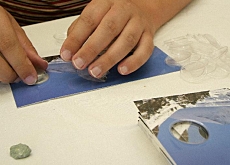
Tourists in Switzerland can now literally mail a piece of the Alps abroad, thanks to entrepreneurs who have embedded Matterhorn stone in scenic postcards.
Part of what appears to be a successful business strategy is the hiring of disabled people.
The postcards have already expanded beyond Switzerland’s most famous peak. They include other Alpine icons such as the Jungfrau and Eiger mountains.
Selling pieces of the Swiss Alps is nothing new to Jean-Bernard Quarroz and Pierre-André Zufferey from the southwestern Valais region.
More than ten years ago the long-time friends created “Rock in the Box” an already boxed piece of the Matterhorn sold to tourists seeking the ultimate memento of their sojourn in the Swiss mountains.
The notion of attaching a piece of Matterhorn to a postcard came as a sudden brainstorm.
Mussel from Italy
In the midst of experimenting with leather, aluminium and plastic prototypes for their rock boxes, Zufferey’s wife sent him a postcard from neighbouring Italy containing an embedded mussel.
Thus inspired, the pair changed tack, first constructing, then patenting, their unique postcard.
Next, Quarroz and Zuffrey obtained official permission to gather rocks from the Matterhorn.
Encased in plastic with a diameter of three centimetres and a thickness of one centimetre, the rock postcards remain eligible for regular postage.
Even though the special postcards cost three- to four- times more than regular ones, buyers are not wanting. Already at the beginning of the tourist season thousands had been sold.
In the meantime, the customer list has expanded. Grindelwald, the resort near the Eiger, Mönch and Jungfrau mountains, Chillon Castle on Lake Geneva and the town of Gruyère have signed on to have the unusual postcards produced.
Disabled benefit
It is the disabled above all who are benefiting from the thriving business.
Quarroz, who is a carer at a foundation for the support of mentally disabled people, arranged for the postcards to be put together by them.
Sales of the postcards not only bring money to the project and provide wages for the disabled, they enrich the participants in other respects, says Quarroz.
“People say to them, ‘Oh, you’re the one who makes the postcards’. It is a kind of recognition that has tremendous therapeutic value.”
In addition, they reap benefits from the increased social contact because the disabled themselves bring finished orders to the post office for shipping.
“People get to know them, and they’re greeted. That’s important for their integration,” says Quarroz.
Regional business
While the individual pieces of the postcards are put together at the foundation, they are printed elsewhere in the region.
The stones themselves are brought down to the right size at a local prison, whereas their small plastic encasings are manufactured in Germany.
Participation of the disabled is a precondition for obtaining permission to manufacture the postcards in other regions of Switzerland, patent holder Quarroz said.
Thus the Grindelwald postcards are put together at a nearby centre for the disabled in Interlaken, while Gruyère will have their cards made up at a similar regional association.
swissinfo and Pierre Berclaz, ats
The creators of the postcards hail from the Valais region, in the heart of the Swiss Alps.
Tourist destinations such as Zermatt and Grindelwald have commissioned postcards with pieces of the Alps in them.
Although postcards with Alp stones are more expensive than regular postcards, they have been selling very well.
The copyright holders ensure that the handicapped benefit; they assemble the postcards, earning wages and money for other projects.
Participation of disabled workers is a prerequisite for tourist spots that want permission to manufacture similar postcards.

In compliance with the JTI standards
More: SWI swissinfo.ch certified by the Journalism Trust Initiative






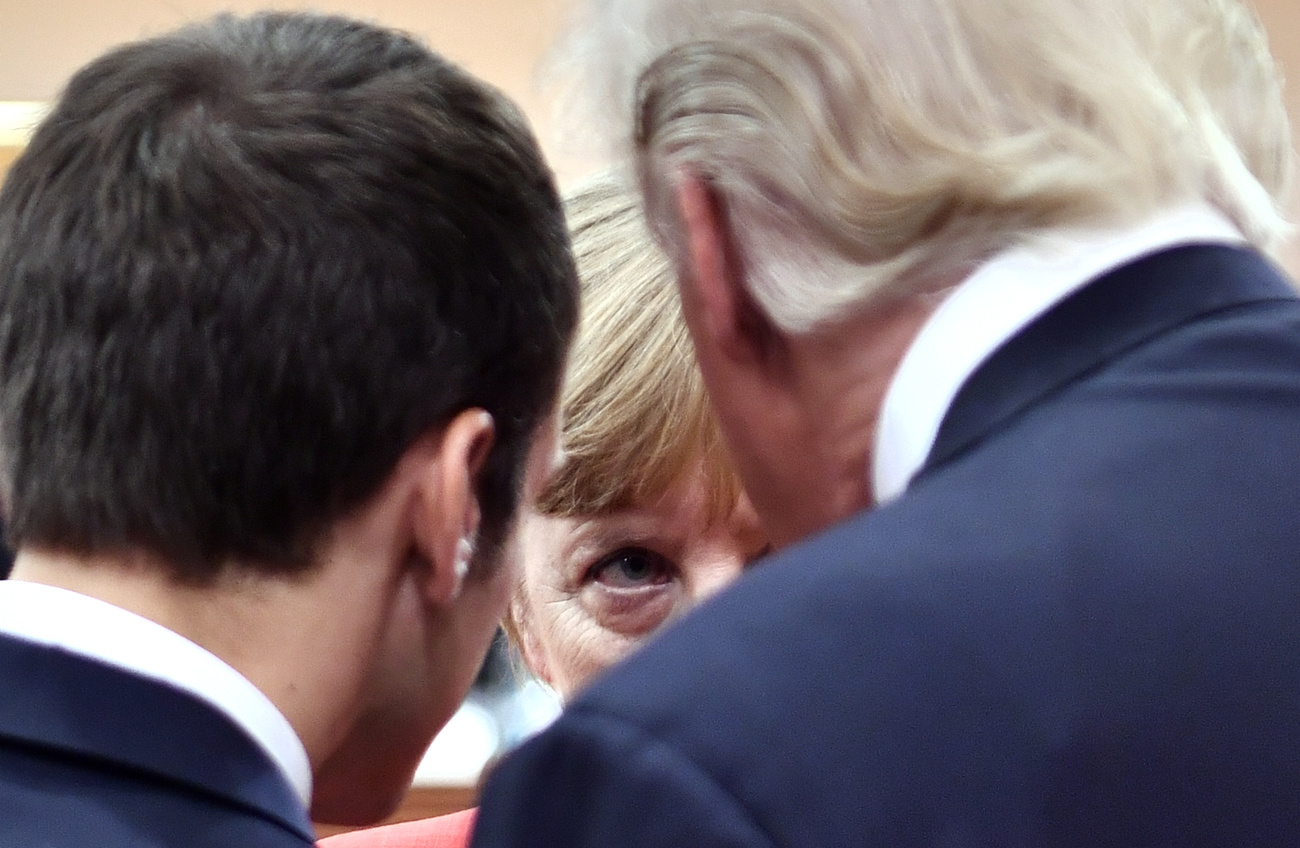
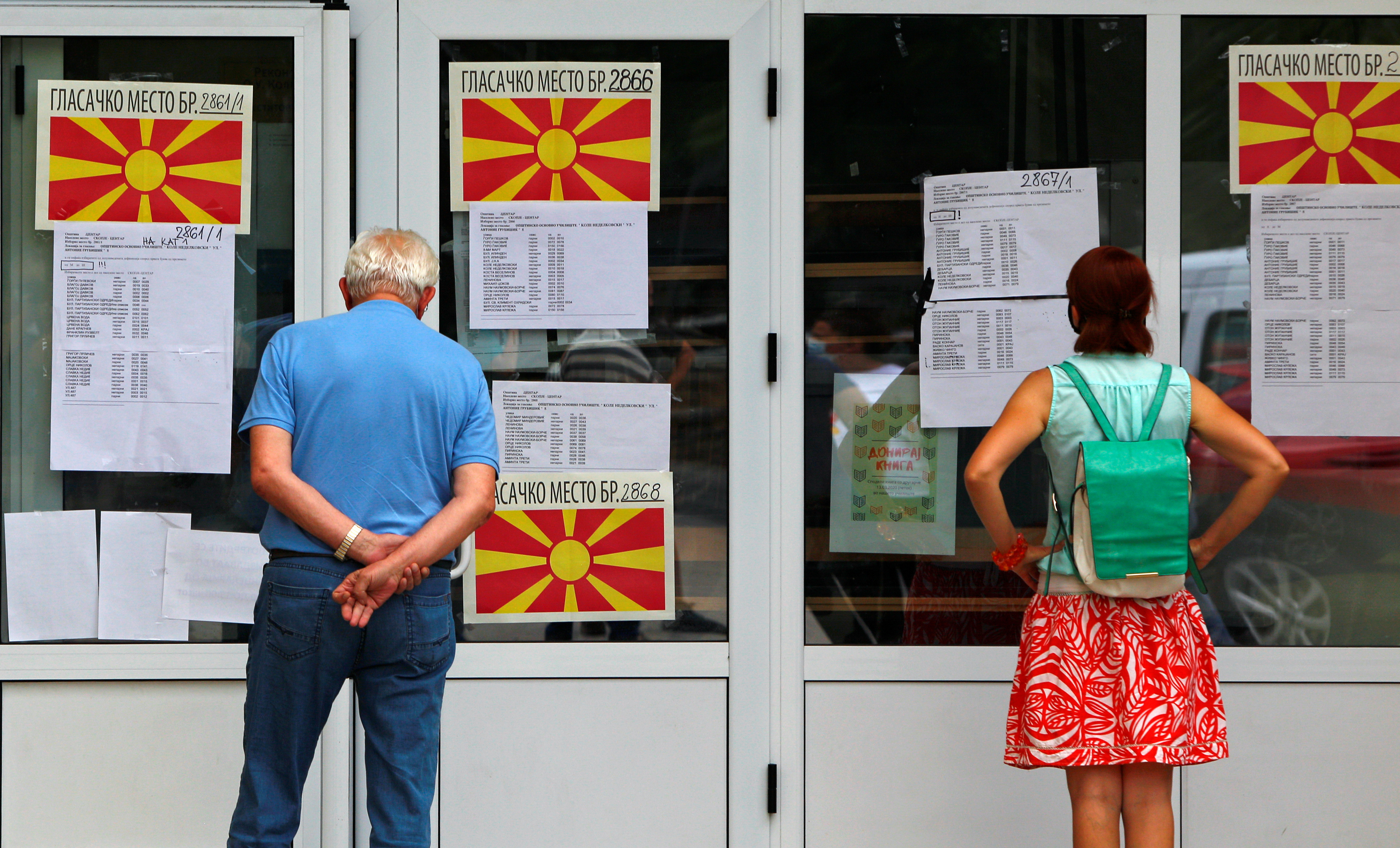









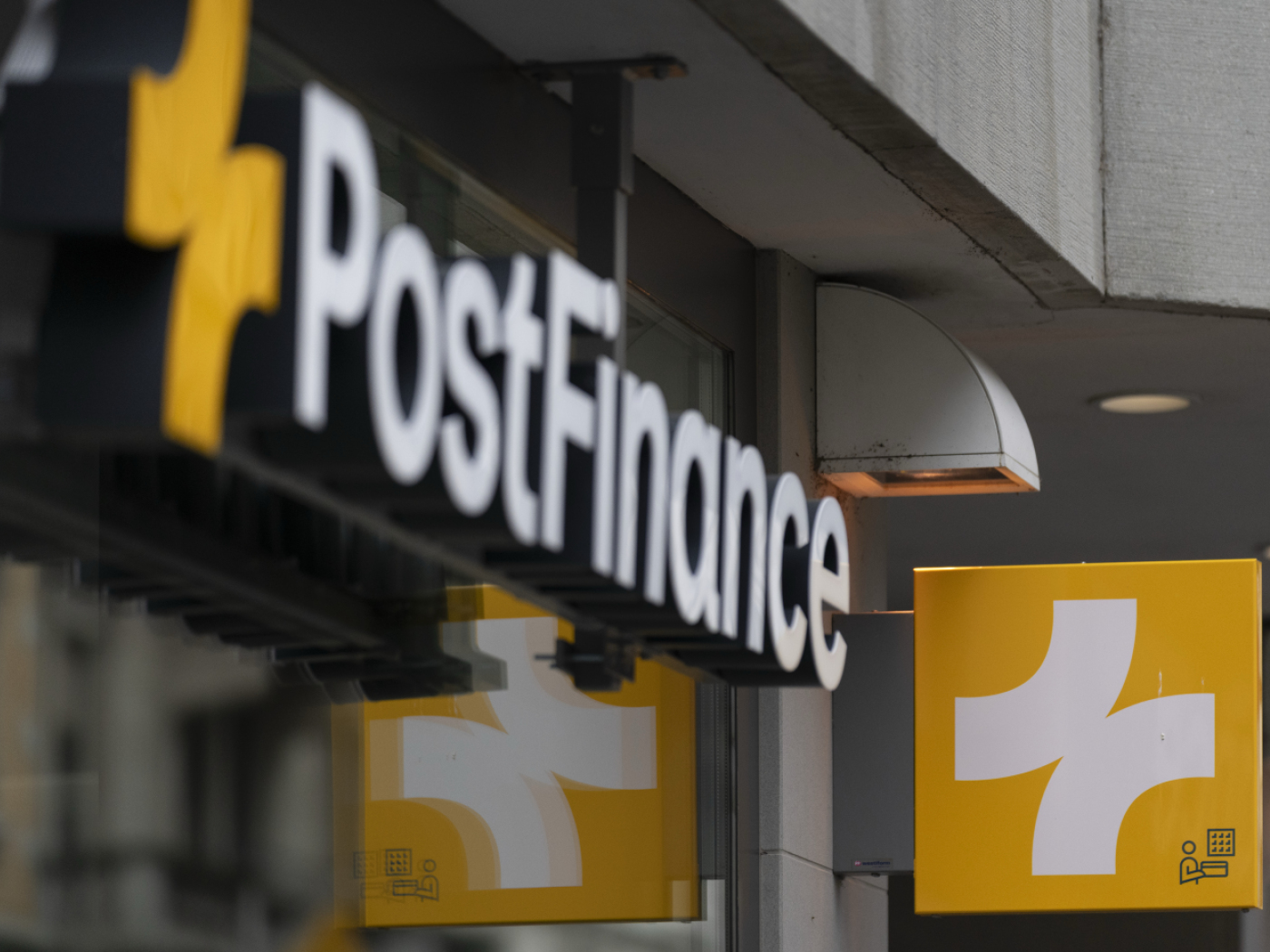



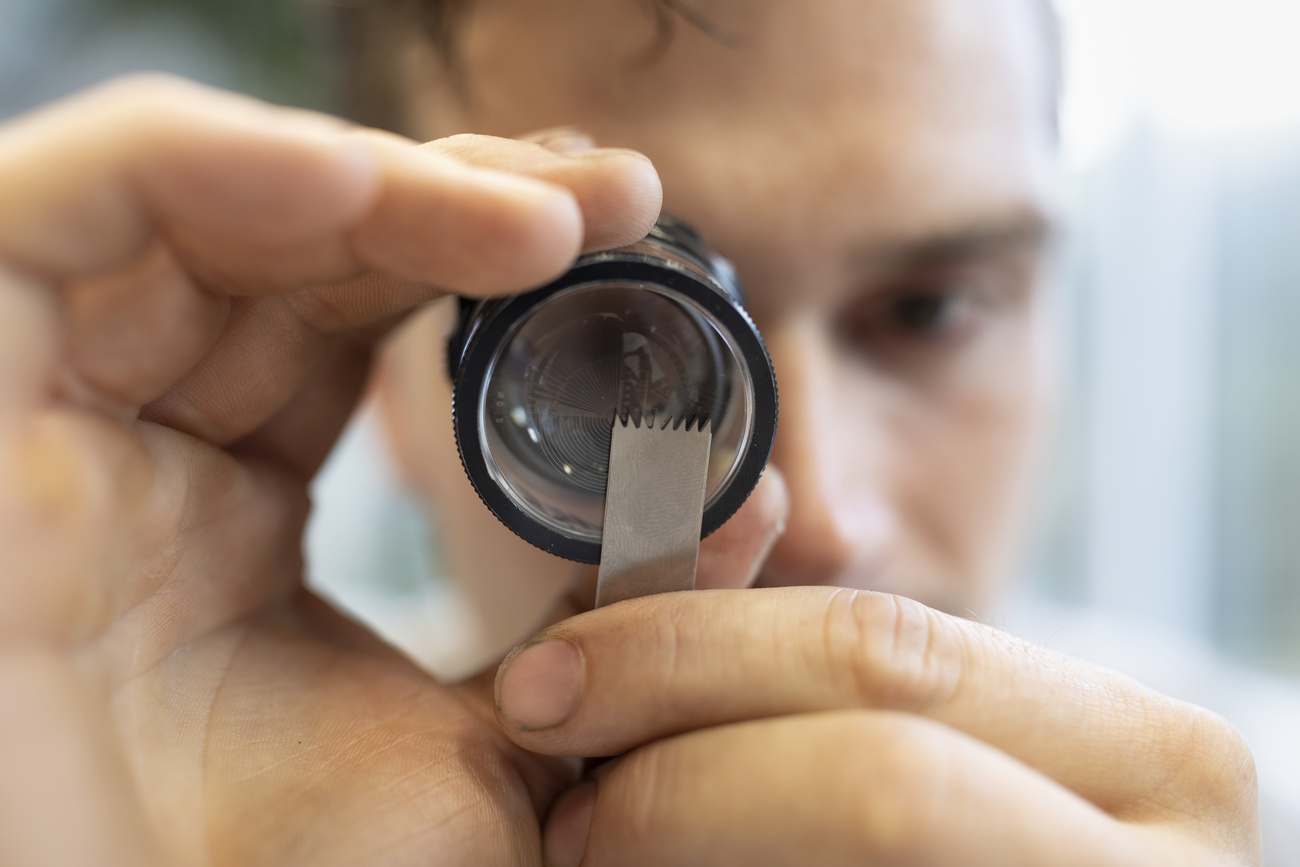
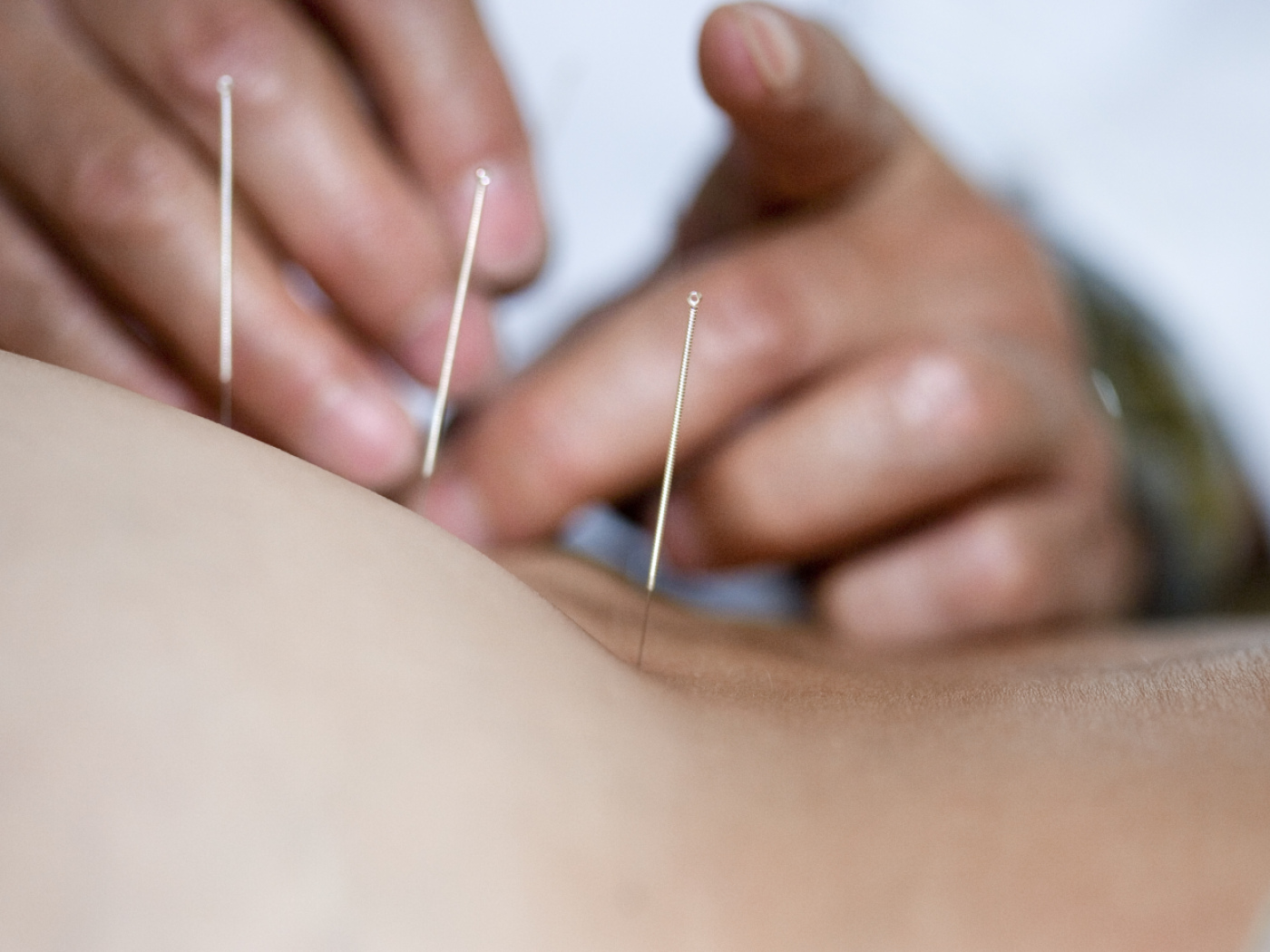









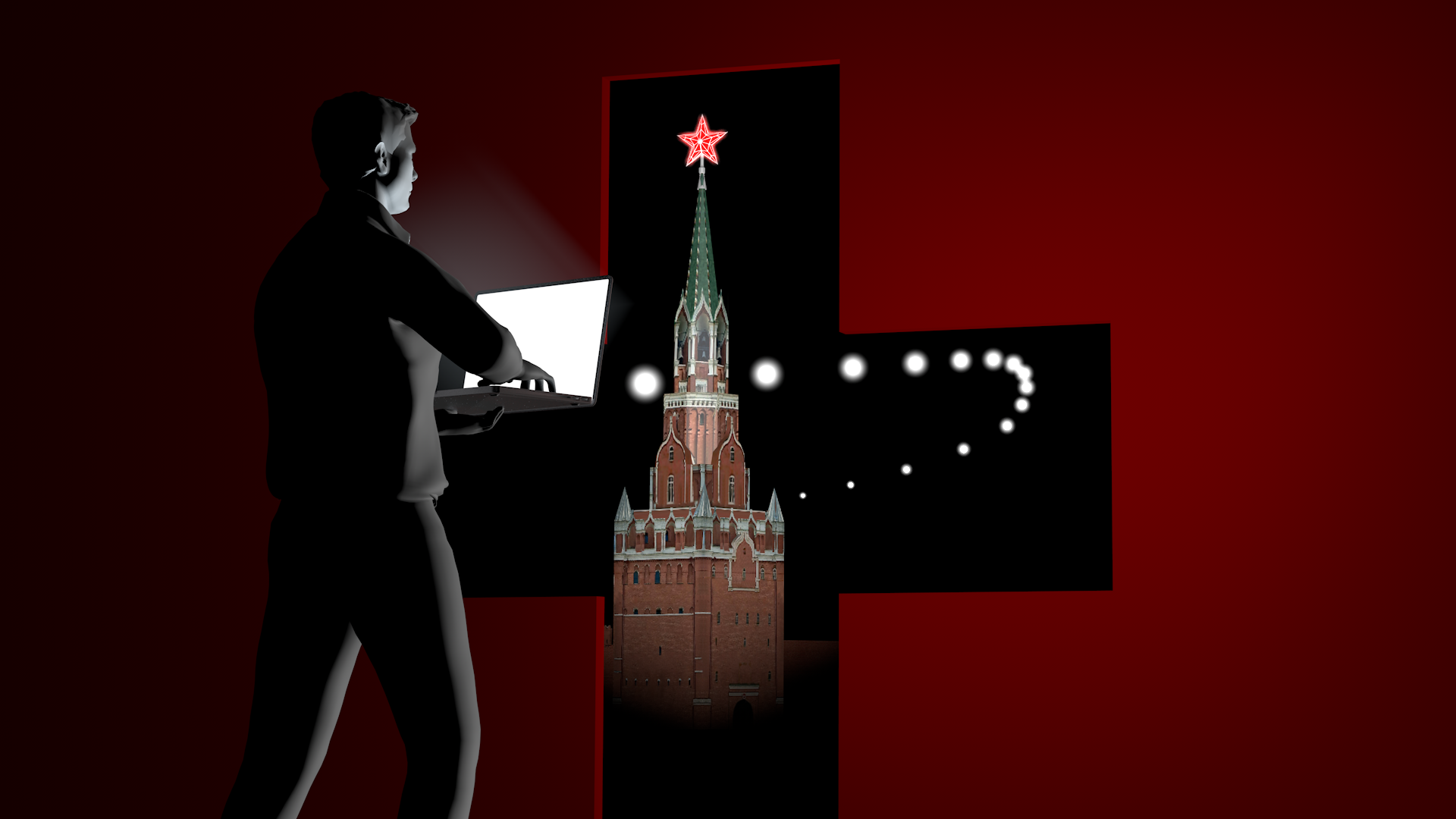

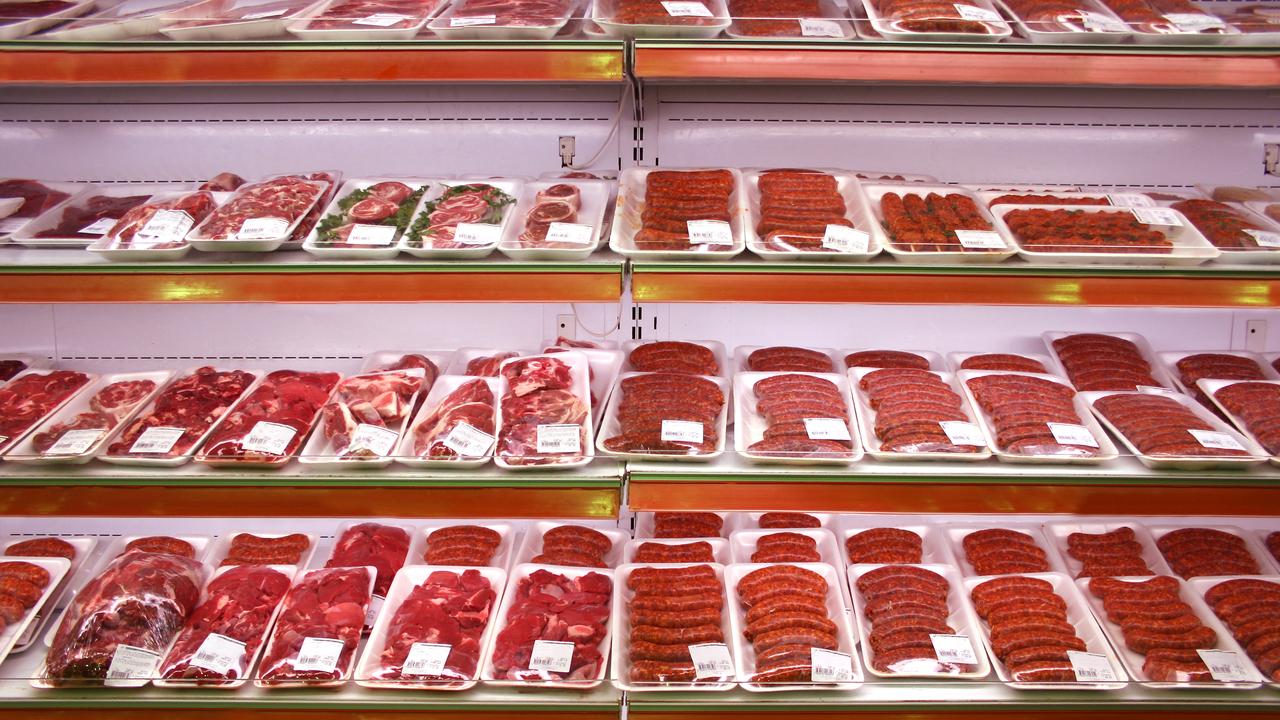





You can find an overview of ongoing debates with our journalists here . Please join us!
If you want to start a conversation about a topic raised in this article or want to report factual errors, email us at english@swissinfo.ch.